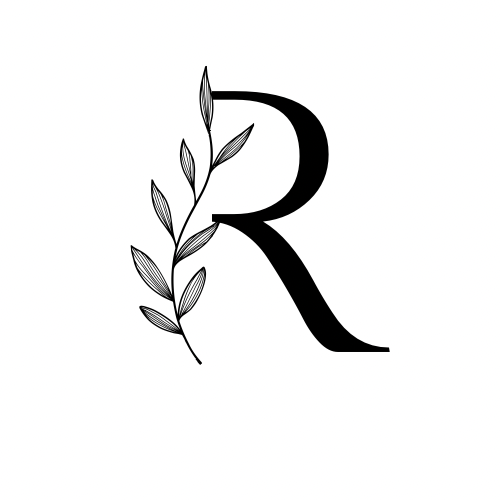

When it comes to ethnic wear, India boasts of a rich and diverse culture that is reflected in its attire. One such popular style of traditional wear is Resham and Chikankari, which originated in Uttar Pradesh, India.
Resham is a traditional style of embroidery that involves using silk or cotton threads to create intricate designs on fabric. The word "Resham" literally translates to "silk" in Hindi. The embroidery is done on a variety of garments, including sarees, lehengas, kurtis, and even bed sheets and curtains. The delicate thread work adds a touch of sophistication and elegance to the fabric.
Chikankari, on the other hand, is a form of needlework that originated in the city of Lucknow in Uttar Pradesh. This style of embroidery involves creating intricate floral and paisley designs on fabric using a needle and thread. The word "Chikankari" means "embroidery" in Hindi. The designs are usually worked in white or pastel-colored threads, and the fabric is usually cotton or muslin.
The beauty of Resham and Chikankari lies in the fact that it is a fusion of traditional and contemporary styles. The intricate designs and patterns used in these forms of embroidery have been passed down from generation to generation, and the art form has evolved over time to include new and innovative designs. Today, Resham and Chikankari embroidery can be seen on a variety of ethnic wear, including sarees, lehengas, kurtis, and even jackets and bags.
In conclusion, Resham and Chikankari embroidery is a must-have in every woman's ethnic wear collection. Its delicate and intricate designs add a touch of sophistication and elegance to any outfit. Whether you're attending a traditional Indian wedding or just looking to add a touch of culture to your everyday wardrobe, Resham and Chikankari ethnic wear is the perfect choice.
